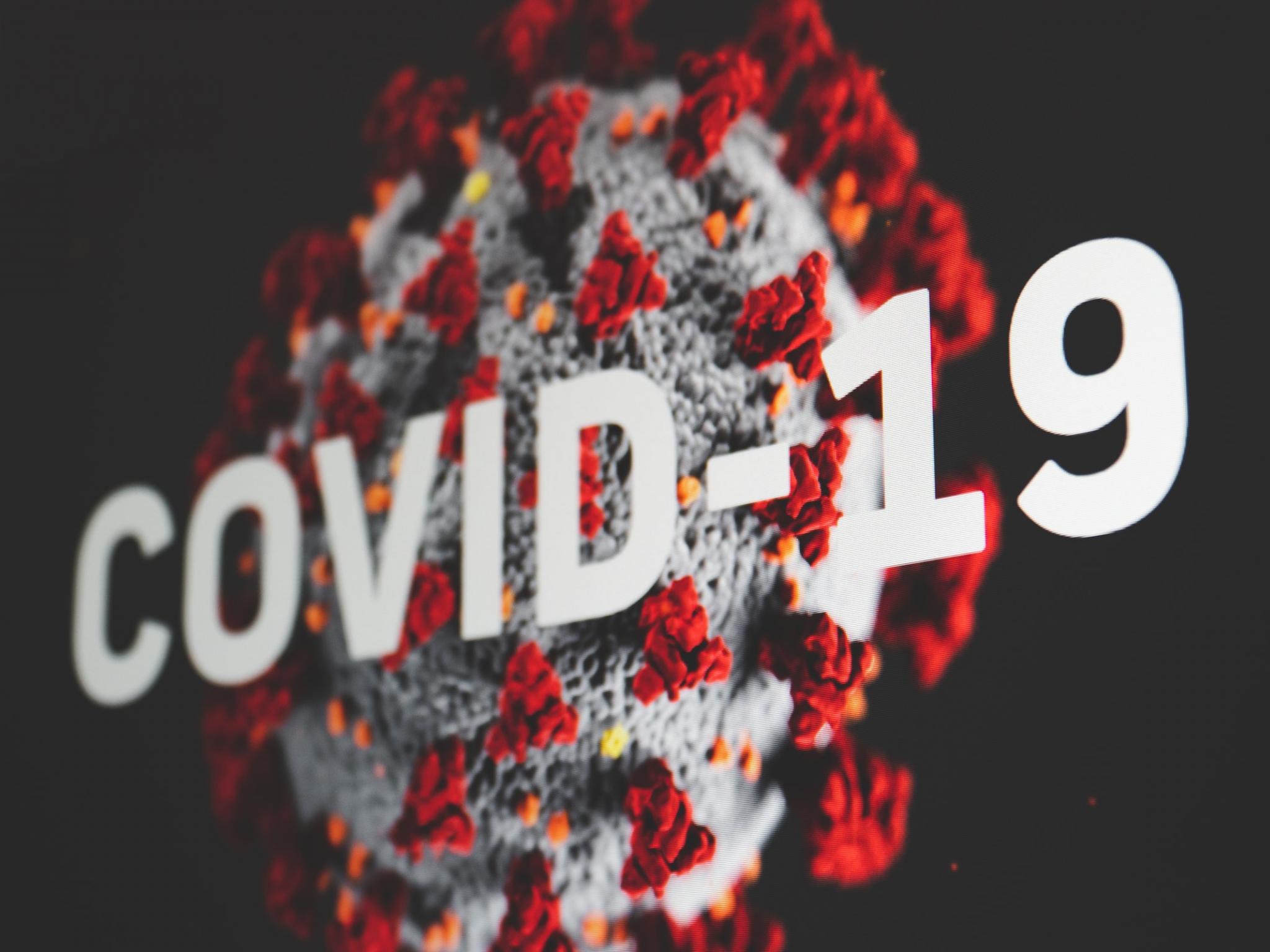
Following the promising study on cannabinoids and COVID-19 published by Oregon State University, Gb Sciences, Inc. (OTCQB:GBLX), a plant-based biopharmaceutical research and development company, has advised that the truth behind how cannabinoids and terpenes work in therapeutic mixtures is more complicated than has been reported in the popular press.
Gb Sciences' study with Michigan State University (MSU) has yielded preclinical data demonstrating that specific compounds and ratios of those cannabis compounds are likely to be required for cannabinoids to be used to treat COVID-19 symptoms.
Gb Science recently reported additional study data that supports the potential of cannabinoids as a treatment option for hyperinflammation resulting from COVID-19. Gb Sciences and an MSU researcher evaluated the potential for cannabis-derived compounds to suppress immunological responses that contribute to COVID-19 symptoms. Their study and conversations have received media coverage across the country based on an interview with the MSU researcher that broke from WLNS-TV in Lansing, Michigan, and interviews with Gb Sciences in the magazines Cannabis Business Times and Hemp Grower.
In the WLNS-TV interview, Norbert Kaminski, Ph.D., a researcher and professor of pharmacology and toxicology at MSU, reported that his partnership with Gb Sciences has explored the potential for certain compounds, cannabinoids and terpenes from the cannabis plant to decrease the human inflammatory responses to COVID-19, but that this specific drug will still need time to be studied to validate both the types of compounds and their specific ratios in mixtures that will successfully battle hyperinflammation triggered by COVID-19.
"By adding these various mixtures, and different combinations, we're able to assess whether those compounds are effective in potentially helping people resolve breathing problems that are associated with the virus," Kaminski said.
The study is in its early stages but, in the WLNS coverage, Kaminski said both teams are hopeful about its progress thus far.
"It really is the only kind of plant that I'm aware of that makes these molecules," Kaminski added.
Photo: Courtesy of Martin Sanchez on Unsplash







